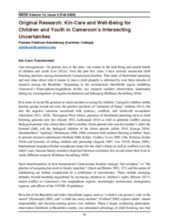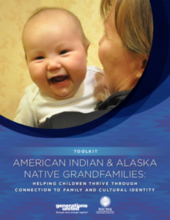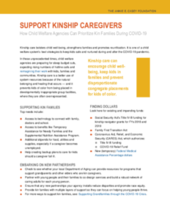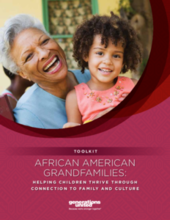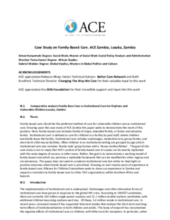Displaying 101 - 110 of 579
This study used wave 2 of the U.S. National Survey of Child and Adolescent Well-Being II (NSCAW II) to develop a new typology of kinship care based on financial mechanisms, including: (1) families that received Temporary Assistance for Needy Families (TANF) only; (2) families that received foster care payments only; (3) families that received both TANF benefits and foster care payments; and (4) families that received no payments.
This study reports findings from interviews with young adults with experience of kinship care in Ghana, about what lessons their kinship care experiences provided in their transition to adulthood.
The aim of this study is to explore how the social workers employed at a non-governmental organisation mentoring programme construct young migrants’ situations in kinship care in a Swedish suburb, and if and how these constructions change during the course of the programme.
This foundational chapter attempts to provide readers with content to assist in their understanding of the characteristics, role, and experiences of kinship elderly caregivers of children affected and/or infected by HIV and AIDS.
This study of distributed parenting and new ideas about what it means to raise a child properly is informed by over three decades of research among the Bamiléké.
This book prepares future child welfare professionals to tackle the complex and challenging work associated with responding to child maltreatment.
This toolkit is designed to give resources and tips to child welfare agencies, other government agencies and nonprofit organizations, so they can better serve all American Indian and Alaska Native grandfamilies regardless of child welfare involvement.
This one-page factsheet from the Annie E. Casey Foundation makes the case for supporting kinship care during the COVID-19 pandemic and offers suggestions on how to support kin families, find funding to support these families, and embark on new partnerships.
This toolkit is designed to give resources and tips to child welfare agencies, other government agencies and nonprofit organizations, so they can better serve all African American grandfamilies.
The goal of this case study is to demonstrate a working model of family-based care in Zambia which can produce a replicable framework that can be modified for other regions and circumstances.

